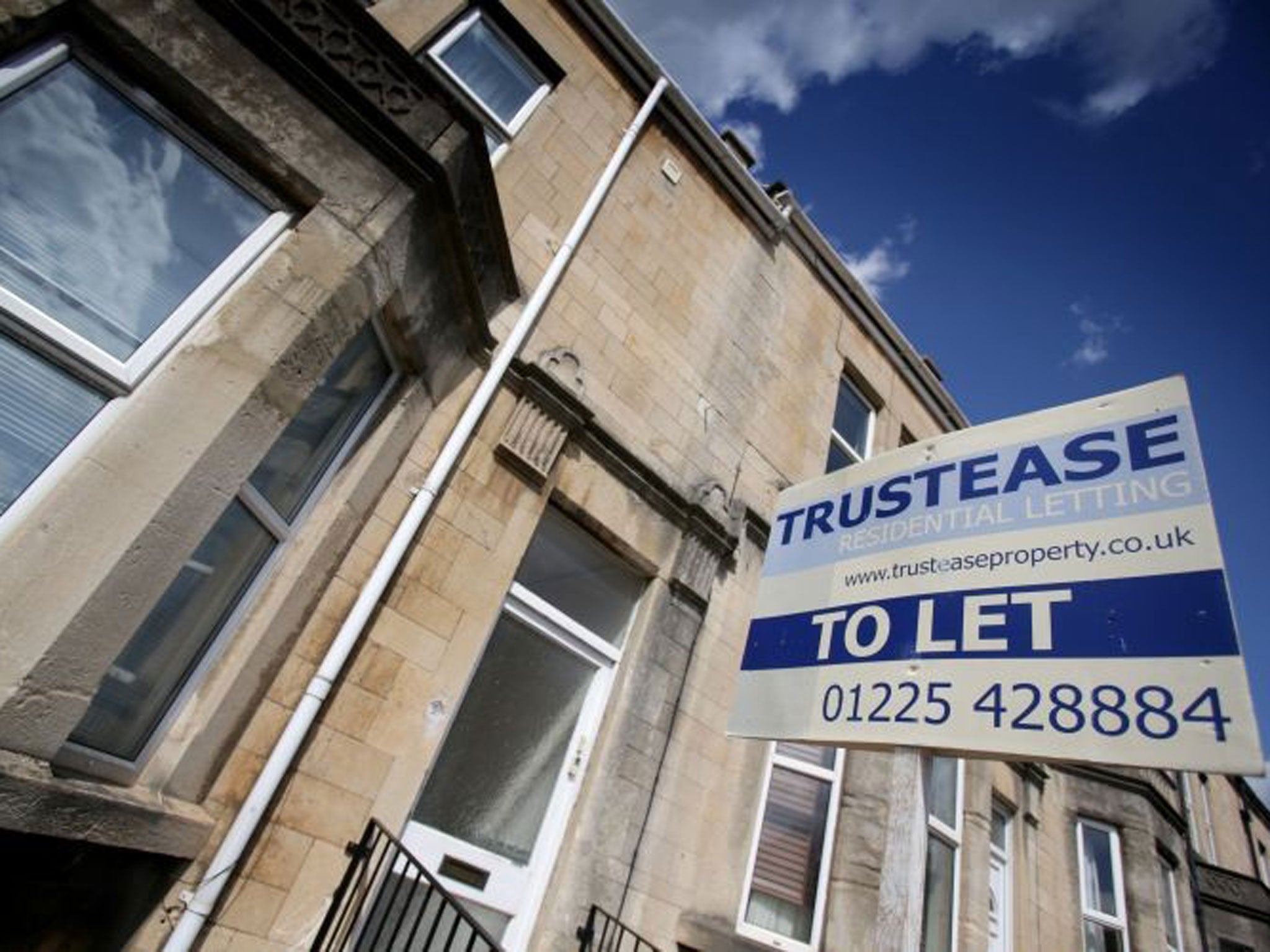The Independent's journalism is supported by our readers. When you purchase through links on our site, we may earn commission.
Mark Dampier: Why trade pension freedom for the work and worry of buy-to-let?

Pension Freedom Day is only two days away. I repeatedly hear that a significant amount of pension money will be invested in buy-to-let, so I thought I would give my two penn'orth on the subject.
Property has become a near religion in the UK. The last time I discussed this topic I received plenty of brickbats, simply because I am not a great property fan.
I view property as a place to live. While I appreciate that some people have been rewarded by buying and selling property, I personally do not consider it as an investment but a business, and the two are very different.
Generally speaking I do not trust many of the property-related statistics I see. Television programmes, for instance, rarely relate the actual costs of the investment. I also notice that property fans tend to source their statistics to the beginning of 1996. Strangely enough this was near the bottom of the housing market, making the subsequent returns from property look rosy against other investments.
That said, I can understand why property is so popular. It can be seen and touched, and many people find it easier to understand than the stock market. It also appears less volatile than stocks. However, I would argue that is largely because shares are continuously priced, whereas property is priced relatively infrequently, meaning rises and falls are far better disguised.
As mentioned above, I suggest approaching buy-to-let as a business. It is a hands-on investment that is beginning to carry more regulatory onus. This year new requirements will be introduced for landlords to obtain proof of identity and nationality of tenants; failure to do so could result in fines of up to £3,000.
Other factors to take into account include maintenance fees, agents' costs and tenancy voids. Each of these will reduce your return. If you are using a mortgage, monthly repayments also need to be taken into consideration. I appreciate that interest payments can be offset against tax, but I wonder how long this situation will continue – it is a grossly unfair advantage that homeowners cannot receive, yet would prove particularly beneficial for first-time buyers.
Given the low rates of interest prevailing today, I believe buy-to-let is currently popular due to the rates of income on offer. While yields of 5 per cent sound appealing on the face of it, investors will likely receive less in the way of income after costs. In my view buy-to-let investors should target yields of between 7 per cent and 9 per cent. These yields can be found for those prepared to look, but often in areas miles away from where you live. Buy-to-let is not about buying the house next door. It's about looking for undervalued areas, which requires a lot of work.
Others believe capital appreciation is what the story is really about. I disagree. A capital gain might be the icing on the cake at some future date, but most buy-to-let investors will have to pay capital gains tax upon disposal of the property. Presently the rate is 28 per cent (on the amount above the basic income tax band), though a new government might push this back up to 40 per cent where it used to be.
The gradual wave of discontent, especially among the young who seem to be priced out of the housing market altogether, should also be considered. Demographics will play a part in the market over the next few years – as baby boomers begin to retire, many will want to release the wealth tied up in their property through "equity release". But to whom will they ultimately be able to sell their expensive houses? I feel that equity release is also a poor alternative to other income-paying investments.
If you are going to use buy-to-let, go in with your eyes open and do your research. Do not be seduced by headline yields: the cost of buying property is very high and will normally wipe out the first year's income, while property can also fall in capital value.
Remember also that buy-to-let does not diversify your portfolio if you already own a home. Then there is the hassle of dealing with agents, tenants, maintenance and all the records you need to keep in order to run a business.
I once considered buy-to-let as an investment, but I prefer to stick to equity income funds – a much simpler investment in my view. They pay an attractive yield, tax-free if it's in an Isa, and I know I won't get a phone call at 2am asking me to mend a leaky pipe.
Mark Dampier is head of research at Hargreaves Lansdown, the asset manager, financial adviser and stockbroker. For more details about the funds in this column, visit www.hl.co.uk
Subscribe to Independent Premium to bookmark this article
Want to bookmark your favourite articles and stories to read or reference later? Start your Independent Premium subscription today.

Join our commenting forum
Join thought-provoking conversations, follow other Independent readers and see their replies